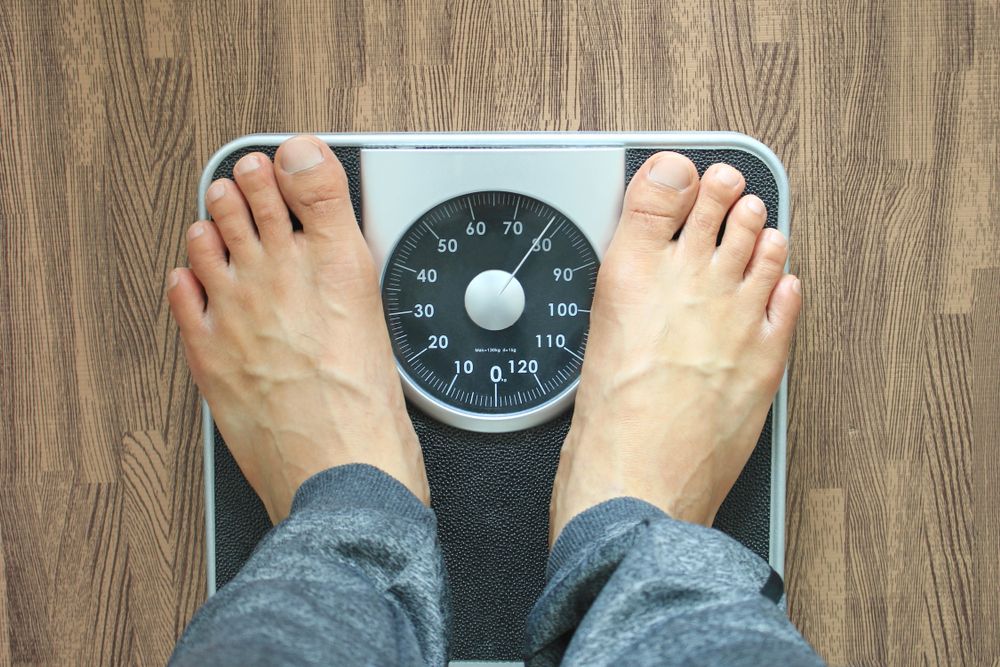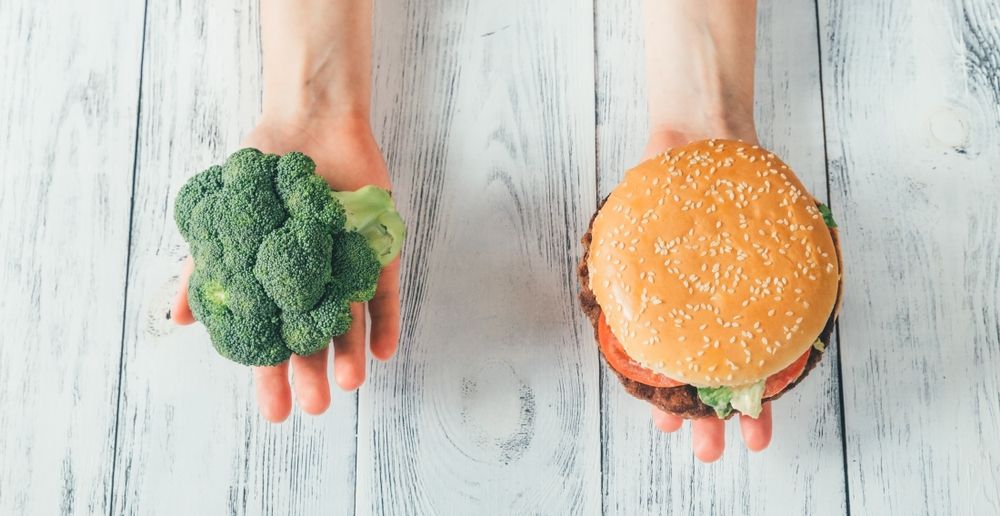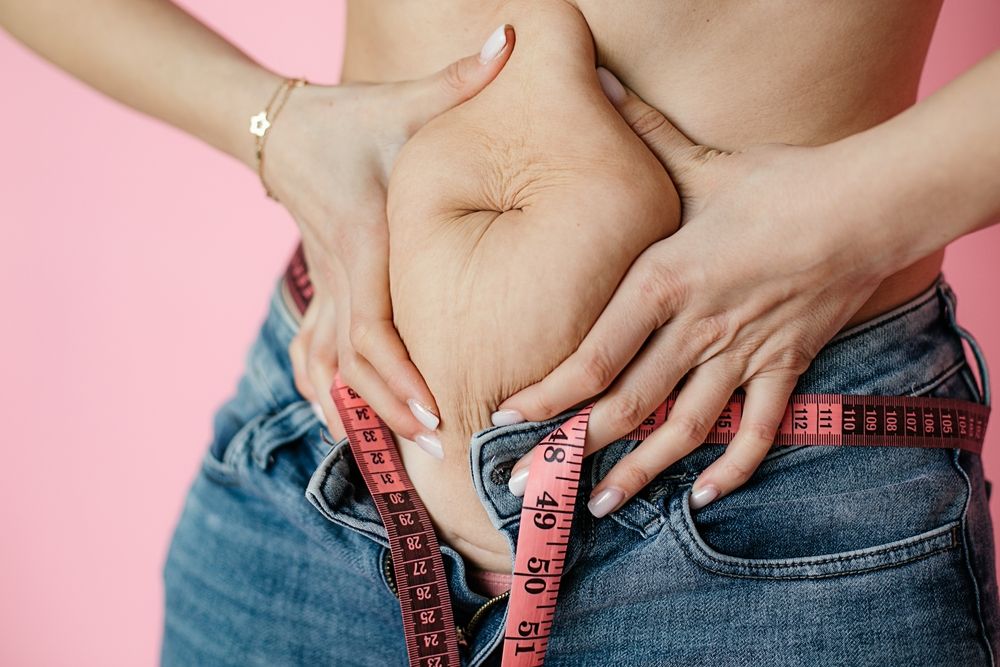Embarking on a weight-loss journey is akin to embarking on a flight; there may be some unexpected bumps, but reaching your destination makes it all worthwhile. Yet, amidst the journey's twists and turns, you might wonder when you'll witness tangible changes on the scale and in your body. Here, we'll delve into precisely how long it typically takes to notice weight-loss results.
Ultimately, the timeframe hinges on the caloric deficit you're creating and the number of pounds you aim to shed. There's no universal formula, emphasizing the significance of adhering to healthy habits and staying committed to your objectives.
What's the timeline for noticing significant weight loss?

To achieve significant weight loss, it's essential to establish your target weight. "Clinically, shedding 5% to 8% of body weight can lead to improvements in health markers and medical conditions," notes Dr. Amy Lee, Chief Medical Officer at Lindora, a prominent provider of medically guided wellness and metabolic solutions. "However, for many individuals, the aim is to attain a leaner physique or feel more comfortable in their own skin. Typically, by reducing daily calorie intake by a moderate amount—say, 500 to 800 calories—a person can expect to lose one to two pounds per week."
Incorporating regular physical activity into your routine, coupled with adequate sleep, can significantly accelerate weight loss progress. Nonetheless, Dr. Lee underscores that fluctuations in weight due to hormonal changes or other factors may occur, so patience is key. "Most individuals notice changes in weight within the first seven to 10 days," Dr. Lee emphasizes.
What factors influence how quickly you lose weight?

Hydration: Maintaining adequate hydration is vital for effective weight management. Studies indicate that increasing water consumption can support weight loss efforts. For instance, drinking 500 ml of water before breakfast has been shown to accelerate weight loss and reduce overall calorie intake.
Dietary Choices: Certain foods, particularly those high in refined carbohydrates and sugars, can contribute to water retention. By opting for a diet rich in fiber and lean proteins while minimizing intake of processed sugars and carbs, you can promote natural diuresis, which aids in shedding excess water weight.
Physical Activity: Regular exercise is key to burning calories, boosting metabolism, and preserving lean muscle mass. Incorporating physical activity into your routine can expedite weight loss and contribute to overall health.
Caloric Intake: Creating a calorie deficit—consuming fewer calories than you expend—is fundamental for weight loss. By monitoring your calorie intake and aiming to consume fewer calories than your body needs, you can achieve faster and more sustainable weight loss results.
Where do you lose weight first?

According to Dr. Lee, there isn't a specific spot where weight loss is most noticeable, but many individuals often experience a reduction in bloating around their abdominal area. "Fat tends to retain water weight, which could explain why we notice our pants feeling a bit looser in the midsection," she explains.

